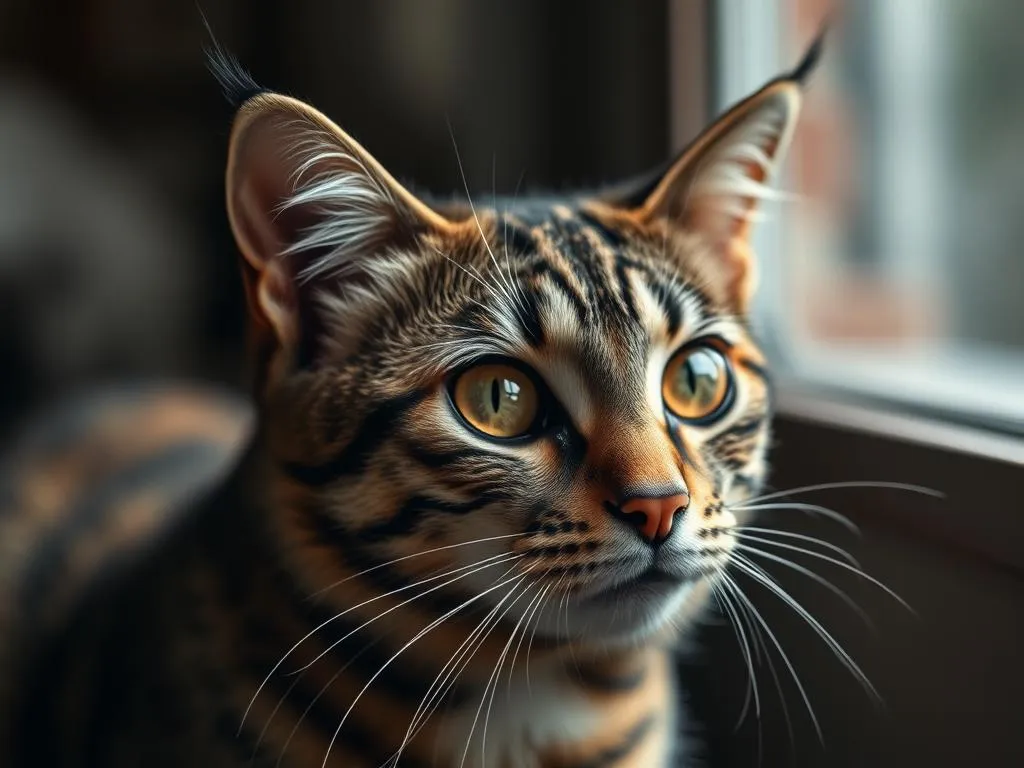
The term “runt of the litter” refers to the smallest or weakest puppy in a litter. While all puppies deserve love and care, runts often face unique challenges that can affect their health and development. Understanding what it means to have a runt in the litter is crucial for any dog owner, especially when it comes to ensuring proper health care. This article will delve into the characteristics, health considerations, behavioral traits, training, and long-term management of runt dogs.
Understanding the Runt of the Litter
Definition and Characteristics
A runt is typically identified as the smallest puppy in a litter, often struggling to compete with its siblings for food and attention. Common characteristics of runts include a smaller size, lower weight, and occasionally, physical deformities. They may also exhibit signs of weakness, such as lethargy and difficulty in keeping up with their littermates during play.
Behaviorally, runts can be shy or timid, often overshadowed by their more robust siblings. However, this does not mean they lack personality; many runts develop unique traits that can endear them to their owners.
Causes of Being a Runt
Several factors can contribute to a puppy being classified as the runt of the litter:
- Genetic Factors: The size and health of the parents play a significant role. Some breeds are more prone to having runts due to genetic predispositions.
- Nutritional Deficiencies During Pregnancy: If the mother dog does not receive adequate nutrition during pregnancy, it can affect the growth of the puppies.
- Environmental Influences: Stressful conditions or overcrowding during the early stages of a puppy’s life can hinder proper growth.
Health Care Considerations for Runt Dogs
Common Health Issues
Runts may be more susceptible to various health problems, including:
- Weaker Immune Systems: With a smaller size often comes a less developed immune system, making runts more prone to infections and illnesses.
- Growth Deficiencies: Runts may struggle to gain weight and grow at the same rate as their littermates.
- Possible Congenital Issues: Some runts may be born with congenital health problems, which can require ongoing medical attention.
Importance of Veterinary Care
Regular veterinary check-ups are crucial for runt dogs. Because of their unique health challenges, they may require specialized care plans that include:
- Check-ups and Vaccinations: Keeping up with vaccinations is essential to protect runt dogs from preventable diseases.
- Monitoring Growth: Regular weigh-ins and health assessments can help track their development and identify any issues early on.
Nutritional Needs
Providing the right nutrition is critical for runt dogs. Their dietary needs may differ from those of regular puppies:
- Proper Diet: A high-quality puppy food, enriched with the necessary vitamins and minerals, is ideal. Consult with your veterinarian for recommendations tailored to your runt’s needs.
- Supplements: Omega fatty acids, probiotics, and vitamins may benefit runt dogs, helping to boost their health and immune system.
- Feeding Schedules: Smaller, more frequent meals may be beneficial, ensuring that the runt receives adequate nutrition without overwhelming their smaller stomach.
Behavior and Socialization
Behavioral Traits of Runt Dogs
Behaviorally, runts can sometimes exhibit anxiety or insecurity. They may be more sensitive to their surroundings and react differently than their littermates. It’s not uncommon for runts to be more timid or less assertive during play, which can lead to social challenges.
Socialization Strategies
Early socialization is vital for runt dogs to help them build confidence and integrate well with other dogs and humans. Here are some effective techniques:
- Controlled Exposure: Introduce your runt to different environments, sounds, and people gradually. Start with quieter settings and work your way up to busier areas.
- Positive Reinforcement: Use treats and praise to encourage positive interactions with other dogs and people.
- Play Dates: Arrange play dates with well-socialized dogs to help your runt learn appropriate behaviors in a safe and controlled manner.
Training Runt Dogs
Training Challenges
Training a runt can present unique challenges. Due to their smaller size and potential insecurities, they may require more patience and understanding than larger or more confident puppies.
Positive Reinforcement Techniques
Utilizing positive reinforcement is crucial when training runt dogs. Here are some recommended strategies:
- Patience and Encouragement: Celebrate small victories and be patient with your runt as they learn new commands and behaviors.
- Short Training Sessions: Keep training sessions brief and engaging to maintain their attention and prevent overwhelm.
- Consistency: Use consistent commands and cues to help your runt understand what is expected of them.
Living Arrangements for Runt Dogs
Safe and Comfortable Environment
Creating a safe and comfortable living space is essential for runt dogs. Consider the following:
- Ideal Living Conditions: A quiet area away from high traffic zones can help runts feel secure.
- Comfortable Bedding: Provide soft bedding that offers support, as runts may have more sensitive bodies than their littermates.
- Safety Modifications: Ensure that your home is safe for a smaller dog, removing hazards that could lead to injury.
Exercise Needs
Physical activity is important for all dogs, including runts. Regular exercise can help maintain a healthy weight and promote overall well-being. Suggested activities include:
- Short Walks: Take your runt for short, leisurely walks to build their strength and stamina.
- Interactive Play: Engage in gentle play, such as fetch or tug-of-war, using toys that are appropriate for their size.
- Mental Stimulation: Incorporate puzzle toys and training exercises that challenge their minds while keeping them physically active.
Long-Term Health Management
Monitoring Health Over Time
Keeping track of your runt’s health is vital for their long-term well-being. Regularly monitor their growth and development by:
- Maintaining a Health Journal: Document your runt’s weight, dietary changes, and any health concerns to discuss with your veterinarian.
- Regular Health Assessments: Schedule follow-up visits with your veterinarian to assess growth and address any emerging health issues.
Common Lifespan Concerns
Runts may have different lifespan expectations compared to average dogs. While some can thrive and live long, healthy lives, others might face more health challenges. Considerations include:
- Lifespan Expectations: Research the expected lifespan of your dog’s breed and be aware that runts may have a shorter lifespan due to their health challenges.
- End-of-Life Care: Be prepared for end-of-life decisions and ensure your runt is comfortable in their final days.
Conclusion
Understanding and caring for runt dogs requires a combination of knowledge, patience, and love. These special puppies may face unique health challenges, but with the right care, they can thrive and become cherished members of any household. If you are considering adopting a dog, don’t overlook the potential of a runt; they can offer immense joy and companionship.
In the broader context of dog health care, recognizing the needs of runt dogs plays a critical role in ensuring all dogs receive the love and attention they deserve. By prioritizing their health and well-being, you can help your runt lead a happy, fulfilling life.
FAQs
Are runt dogs less healthy than their littermates?
Not necessarily. While runts may face certain health challenges, many can grow up to be perfectly healthy with proper care and attention.
Can a runt grow up to be a normal-sized dog?
Yes, some runts catch up in size as they grow, but others may remain smaller than average due to various factors.
What special care do runt dogs need?
Runt dogs may require specialized veterinary care, a tailored diet, and extra attention to their socialization and training needs.
How can I help my runt dog socialize with other dogs?
Use controlled exposure, positive reinforcement, and arrange playdates to help your runt build confidence and learn appropriate behaviors.









